PhD Spotlight 2023
Welcome to the York Talks PhD Research Spotlight competition at the University of York!
This event challenges PhD candidates to articulate their research to a non-specialist audience through an interactive exhibition using a variety of mediums. The process of breaking down their research for this kind of interaction enhances both their communication and presentation skills and also forces them to think about what, why, and how they are conducting their research.
Our 2023 Winners
A huge congratulations to our PhD Spotlight 2023 winners!
-
1st Place - Megan Wright, Department of Education, Are you an adult?
-
1st Place - Josephine Flockton, Department of Psychology, Tapping into ASMR: The neural mechanism and analgesic potential of the Autonomous Sensory Meridian Response.
-
3rd Place - Rosario Neyra, Department of Language and Linguistic Science, Can I help you?
- People’s Choice Winner - Megan Wright, Department of Education, Are you an adult?
Competition rules
The finalists are encouraged to make their exhibition pieces visually appealing, well presented, and coherent in order to engage an academic, non-specialist audience. They have to give consideration to the medium(s) that will best convey their research.
Judging criteria
- Creativity
- How creative is the pitch display?
- Does it have visual appeal and coherence?
- Impact
- Has the finalist made their research topic meaningful to those outside of a single field or academia?
- Communication
- How well does the finalist explain their research to non-specialist audiences?
- Is their research communicated in an exciting way?
- Originality
- How well does the finalist describe the novelty of their work?
We are grateful to this year's judging panel:
Professor Kathryn Arnold, Dean of the YGRS & Professor of Ecology, University of York
Anna Walker, Senior Arts Editor at The Conversation
Dr Ruth Penfold-Mounce, Senior Lecturer, Department of Sociology, University of York
Professor David Kent, Deputy Head of Department, Department of Biology, University of York
Josephine Flockton
Department of Psychology
Tapping into ASMR: The neural mechanism and analgesic potential of the Autonomous Sensory Meridian Response.
Autonomous Sensory Meridian Response (ASMR) is a sensory phenomenon, popular with millions of people worldwide, where experiencing certain auditory and visual stimuli elicit a pleasant tingling sensation, usually felt across the scalp and neck. Despite its burgeoning popularity, particularly with users of the video sharing platform YouTube, little is understood about the mechanism behind ASMR. This research focuses on auditory stimuli found to evoke ASMR in listeners, aiming to be the first neuroimaging study of its kind to reveal what part of the brain is active during the experience, using novel physiological measures, too. Why do we care? There are numerous reported benefits of ASMR to listeners, from reductions in stress and anxiety, to improvements in sleep disorders – anecdotal evidence even suggests it is used by many chronic pain sufferers to successfully alleviate their conditions. Therefore, exciting potential clinical applications will be explored through the final stage of this project.
Josephine Flockton is a second year PhD student in Cognitive Neuroscience and Neuroimaging (part of the Psychology Department, TAP Lab, and Lifelike Lab), she completed her integrated masters in the same field at The University of York. Data she gathered during the pandemic formed the rationale behind future clinical applications of her project. Recent research collaborations include with a fellow PhD student in the Computer Science Department on psychology in video gaming, and with a team at MIT on space travel and global governance. She has a special interest in research across disciplines concerning consciousness, chronic pain, and machine learning.
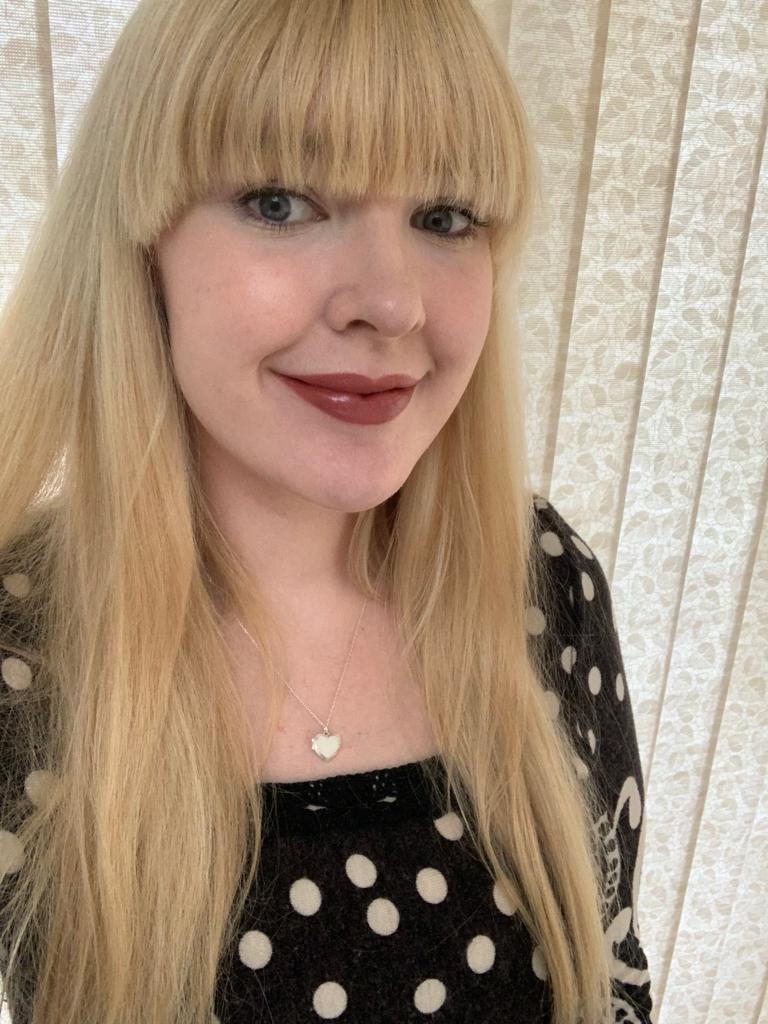
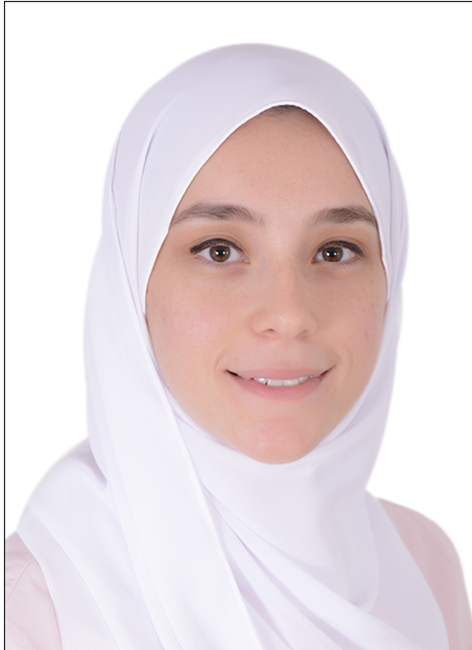
Lina Khattab
School for Business and Society
Down the Drain: How much water do we use and why should we save?
Can you guess how much water you use per day? A national survey by water UK found out that more than half of the respondents think they use around 20 litres per day. The truth is our average usage is way more than we think – hint: it's a 3-digit number! While sometimes it seems like "it's always raining" and we shouldn't worry much about water conservation, droughts were announced this year across the UK. Even Scotland issued their first ever water scarcity alert! Several reservoirs dried up during summer and still haven’t recovered yet. This could happen again. Experts are anticipating a “dry future”, where water supply will be less than what we are used to. The good news is there are lots of things we can do to cut down our water usage. Come along to learn all about water, why it’s important to save and where to begin!
Lina is doing her PhD in the School of Business and Society, she is in her final writing-up year. She is passionate about preserving water resources and raising awareness about water issues. Her research is looking at households' water usage in the UK and Egypt providing implications for social marketing to design more effective interventions to encourage water conservation.
Katharine Macy
Department of Archaeology
Autism in the stone age - Different Neurotypes working together
Autism is a neurotype that is often seen as a disability. Japanese macaques and chimpanzees have genes and behaviours indicating autism, implying that autism has been around for thousands of years. Different neurotypes include autistic people and neurotypical people and each type has their own thing that they are good at. Along with all our individual differences, autistic people and neurotypical people also have differing behaviours. For example, neurotypical people prefer imitating, where they copy things precisely, and autistic people prefer emulating, which is where you do similar things but change things slightly. Sometimes, imitation is better and other times emulation is better. Having the option of both increases the success of a group, or in this case, humanity.
Katharine is a 3rd year archaeology PhD student at the University of York, where they also obtained their MA in Early Prehistory and Human Origins. Their research explores autism in the early Stone Age (Palaeolithic) and they use their own experience as an autistic person to make their research community orientated. Katharine uses psychology and archaeology to bring together an understanding of autism in a new light.
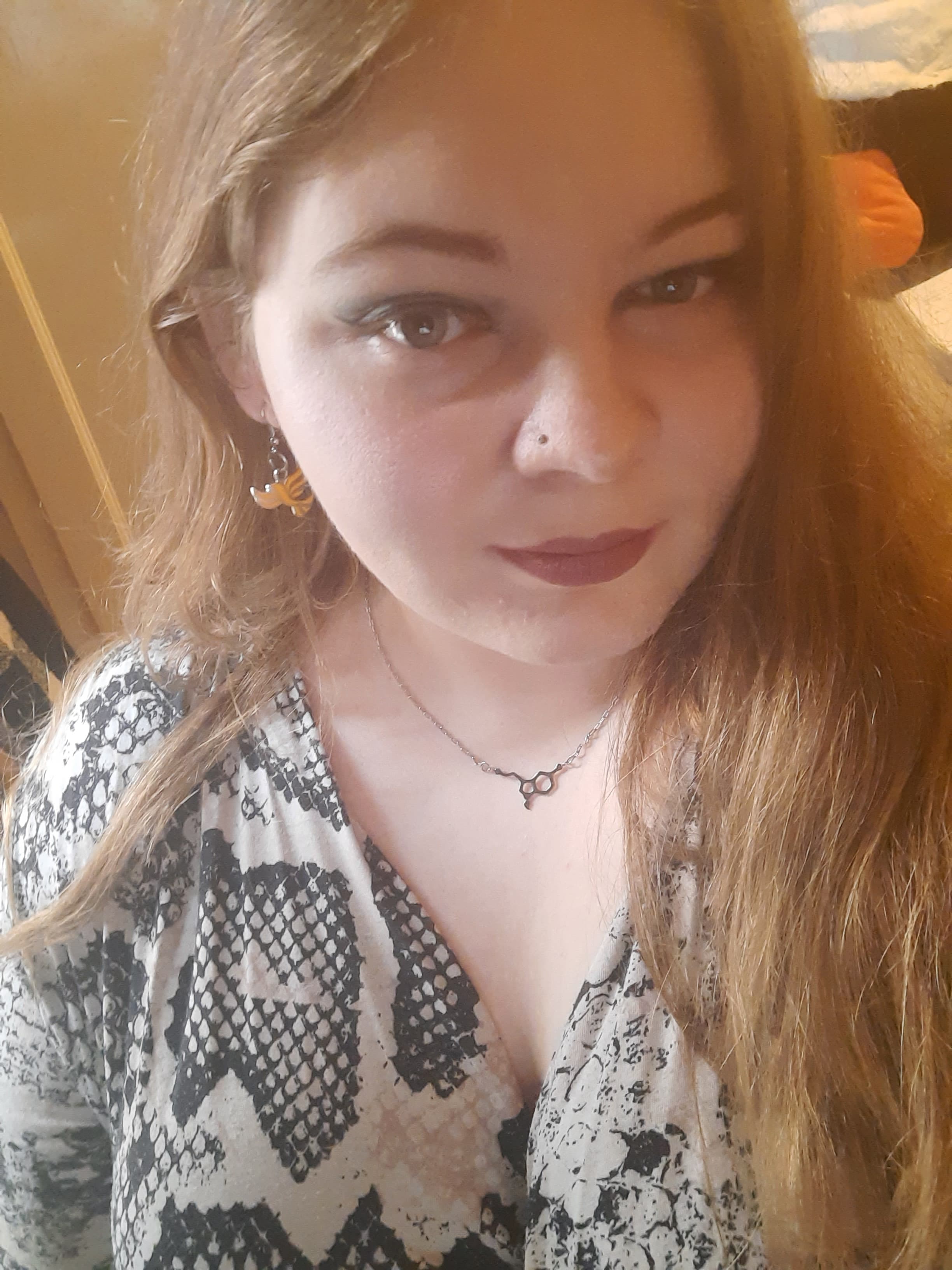
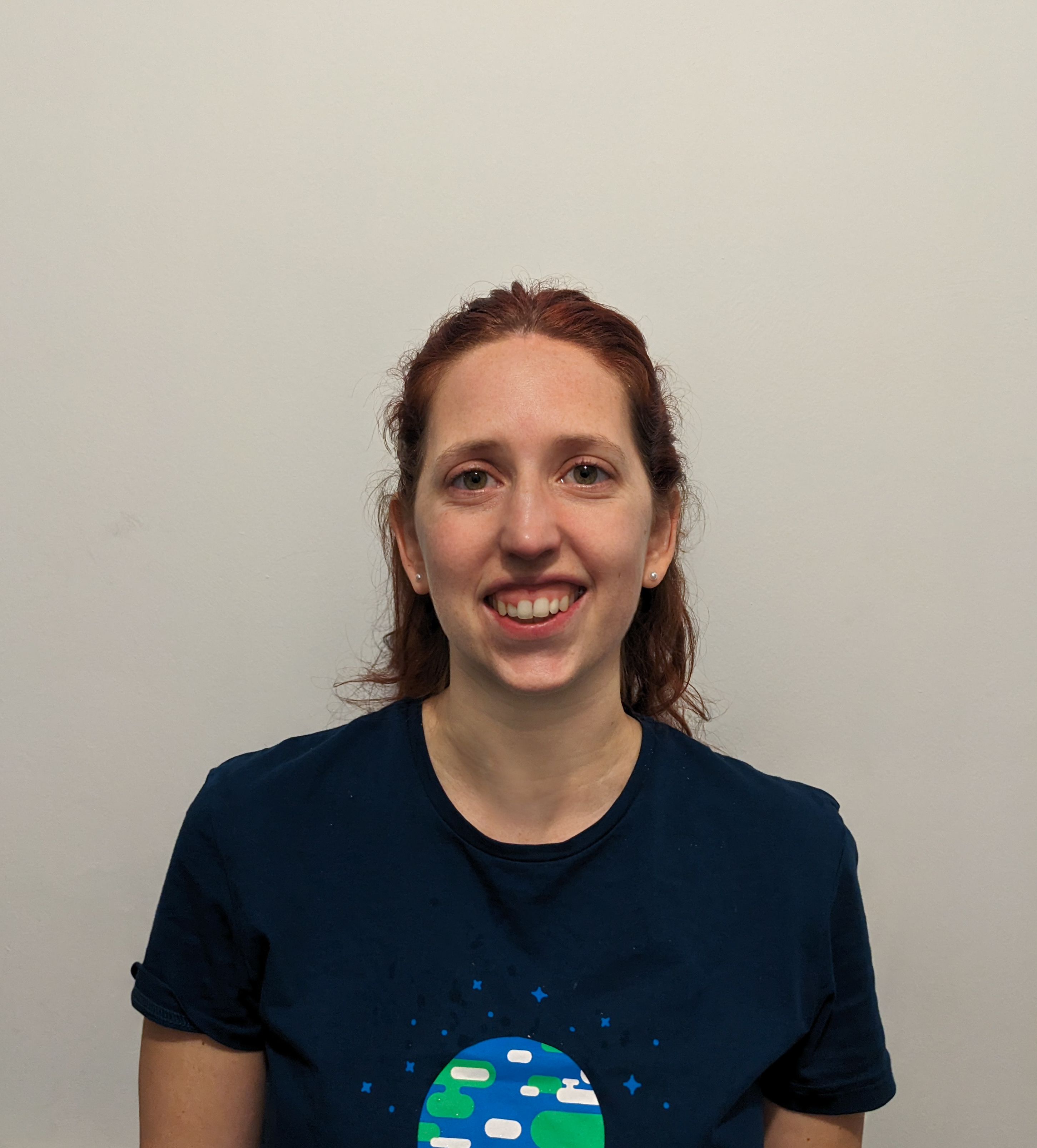
Rosario Neyra
Department of Language and Linguistic Science and Department of Sociology
Can I help you? Offers of help by craft teachers
I have recorded a large body of video data from craft workshops, a setting which has seen little research due to the challenges involved. As students learn complex, manual skills, teachers aim to help when needed, either when asked or by offering to help when they see an opportunity to do so. The richness of video data allows me to observe these moments as they happen in great detail. With the help of Jeffersonian transcription, I can uncover meaningful details which might otherwise go unnoticed. Currently, educators rely on instinctively knowing when a student needs help, something they have to learn through trial, and unfortunately, error. By analysing subtle signs that a student needs help, we can train educators to better recognise them, leading to better learning outcomes. The findings would be especially important for students who are hesitant or anxious to request help; the students who need it most.
Rosario is a second year PhD student at the Centre for Advanced Studies in Language and Communication, an interdisciplinary research centre for the study of interaction. Her research lies within the Sociology and Linguistic Departments. A keen gardener and participant in crafting workshops, she became interested in the ways that manual skills are taught, especially when they moved online during the pandemic. In the future, Rosario hopes to continue recording challenging settings to investigate how both online and in person interactions are carried out.
Nicola O'Donnell
Department of Health Sciences
“It’s not meant to be for life…but it carries on”: The psychosocial impact of Retinoblastoma
Your child has cancer” are words that no one wants to think about, let alone hear. Annually, 50~ children in UK families will receive a diagnosis of Retinoblastoma, an eye cancer. Although treatable, many children end up having an eye removed, or experience lifelong facial changes.Having had and being treated for any childhood cancer can lead to emotional challenges. For individuals who have had Retinoblastoma, these are unique and wide-ranging; some may pass on a faulty gene to future children, others are at risk of developing second cancers, and most are likely to experience some distress.Once in remission from cancer, individuals and families can be left ‘in limbo’. This installation captures the survivorship journey towards life without Retinoblastoma or treatment, but with potential impact on wellbeing. Little is known about psychological challenges experienced by young people; my research aims to co-develop a novel intervention informed by their experiences.
Based in the Department of Health Science, Nicola’s research focuses on understanding the psychosocial experiences of young people who have had Retinoblastoma. Funded by the Childhood Eye Cancer Trust, she is developing a novel psychoeducation intervention. Passionate about co-production, Nicola is engaging with young people throughout the research process. She wants to breakdown the power imbalance of ‘patient’ and ‘professional’, highlighting the expertise of lived experience. Nicola is also a final stage trainee health psychologist, qualifying her to practise clinically. Nicola aspires to work as a clinical academic, working therapeutically within cancer care whilst contributing to oncology research.
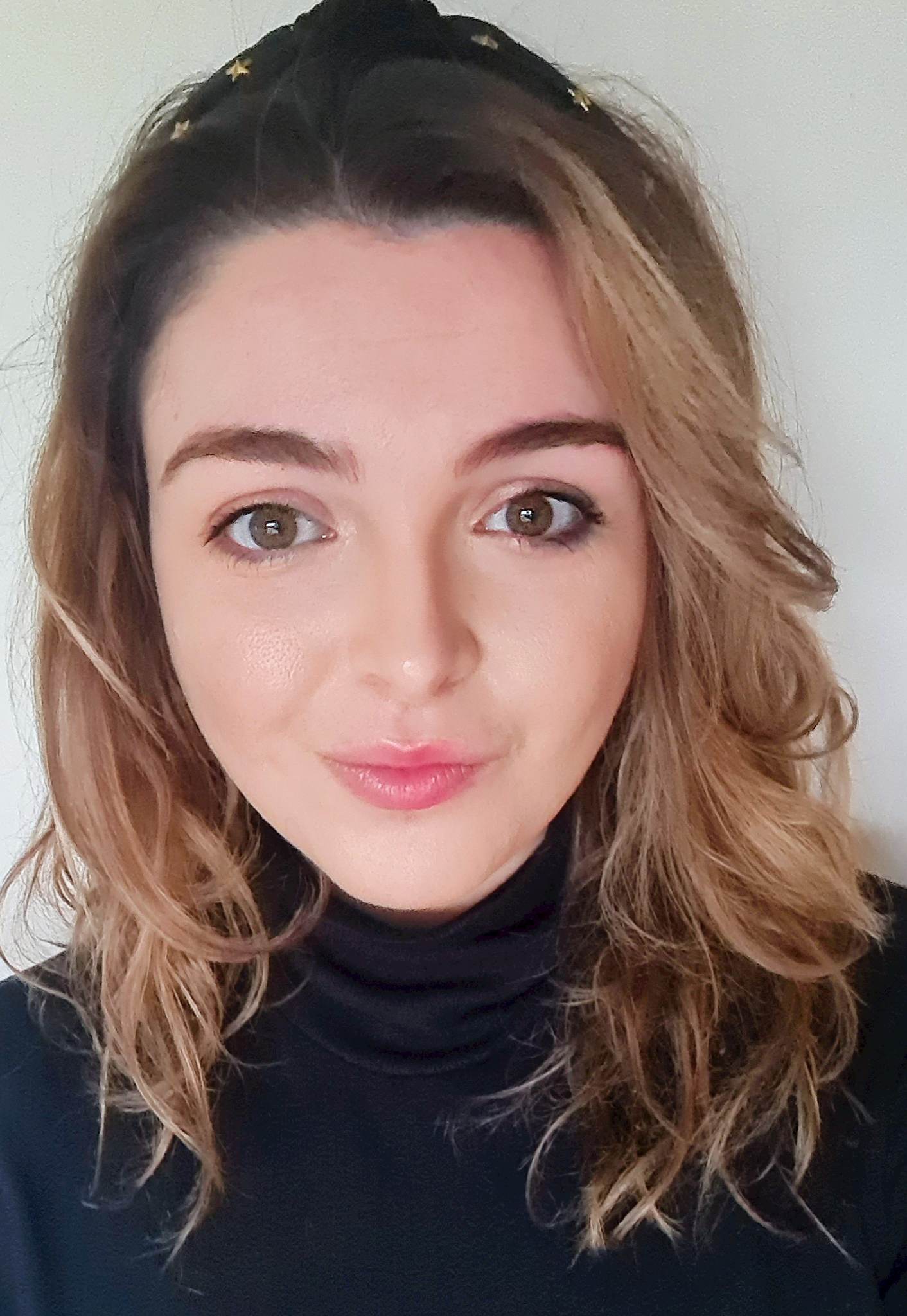
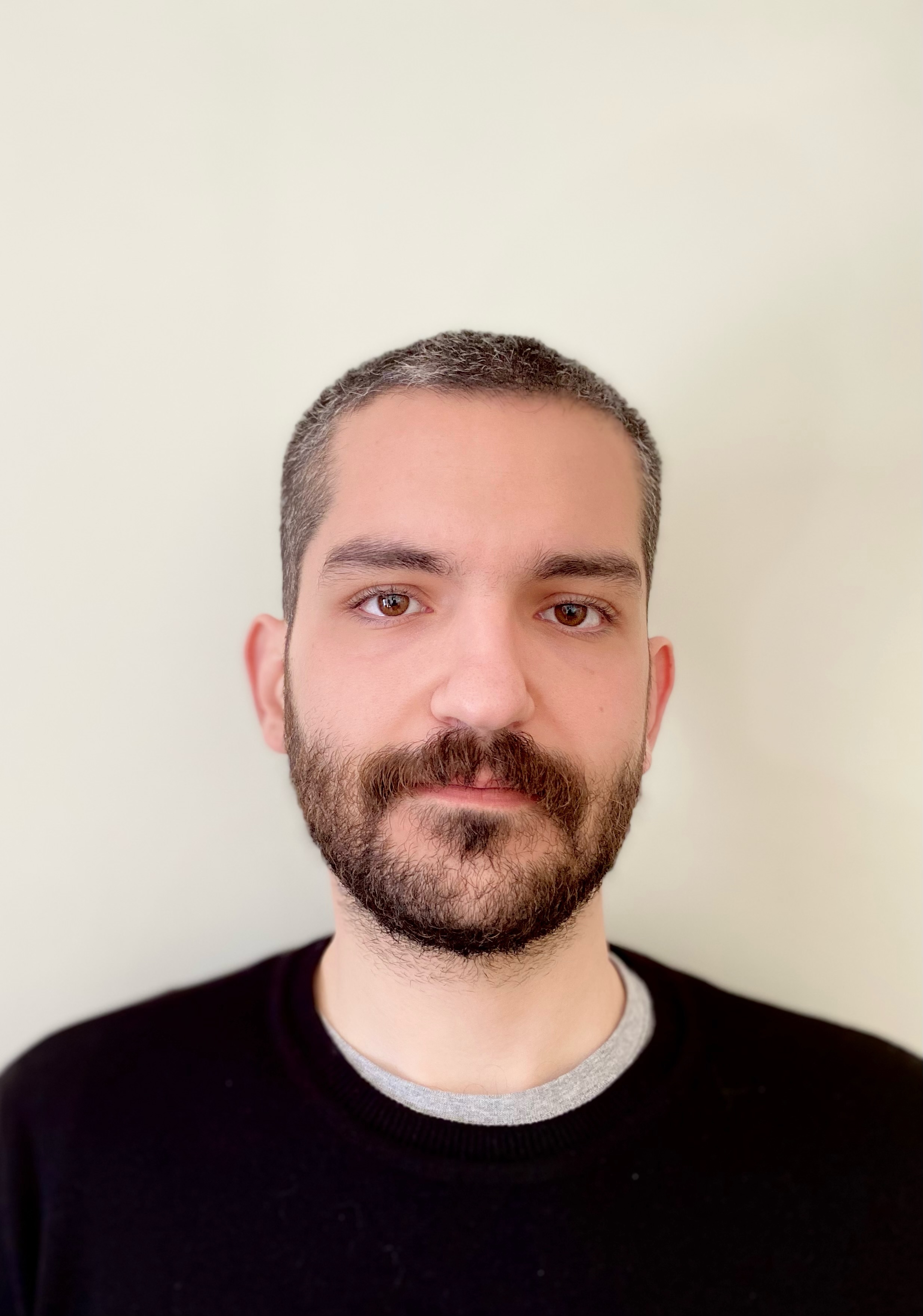
Yorgos Paschos
Department of Archaeology
Visualising the heritage importance of Grassroots Music Venues
The project explores the cultural and heritage importance of grassroots music venues, meaning their engagement with local communities, their heritage as physical spaces and social hubs, and their cultural impact on the places they are situated in. Grassroots music venues are understood as independent, small music spaces which play an important role in local talent development of musicians. By focusing on 4 case studies (The Trades Club, Brudenell Social Club, The Crescent Community Venue and The Fulford Arms), all located in Yorkshire, the project examines the values that local people, performers, promoters and audiences attach to venues and puts these spaces at the centre of the UK music ecosystem in a way that addresses a gap in people’s understanding about the benefits of such venues. This work turns the spotlight on the heritage significance of such venues as local symbolic beacons which create a sense of community, and a collective sense of belonging and contribute to the identity of people who have a close relationship with the spaces.
Yorgos Paschos is a White Rose College of the Arts and Humanities funded PhD researcher at the Department of Archaeology, University of York, UK. His project focuses on the assessment of the subcultural heritage significance of grassroots music venues in Yorkshire. He also works as a Graduate Teaching Assistant at the Department of Sociology, University of York. More widely, his academic interests include research on punk, the relationship between communities and the notion of space such as subcultural music communities and DIY squats, marxism, gentrification and counter-authorised heritage narratives. He is also a member of the Punk Scholars Network.
Jessie Shepherd
Department of Education
Social and Emotional Wellbeing for Refugee and Migrant Girls
Student mental health and wellbeing are at risk! Approximately 17% of UK school children have a mental disorder, and since 2017 40% have experienced a deterioration in their wellbeing. Social and emotional skills are one way to combat this crisis, with research suggesting they are tied to academic achievement, mental health disorders (such as depression and substance abuse), and career success. All schools in the UK use some type of social and emotional skills curriculum, but the effectiveness varies especially for higher-risk groups, like refugee girls (who are twice as likely to develop PTSD). My research looks at the influences on social and emotional learning for refugee girls. By targeting one high-risk group, my research hopes to understand how schools can adapt social and emotional learning to support high-risk students. Ultimately this could improve social and emotional learning for all students and decrease mental health disorders.
Jessie Shepherd is a Licensed Marriage and Family Therapist from California, USA and a PhD student in the Education Department at the University of York, UK. Jessie has 12 years of community mental health experience along with six years of experience supporting new therapists’ development through her work as a supervisor and lecturer. As a psychology in education researcher, Jessie focuses on issues of equity impacting wellbeing for high-risk groups and emotional resilience in the population. Her PhD research is on teaching practices and factors that influence refugee and migrant girls social and emotional learning.
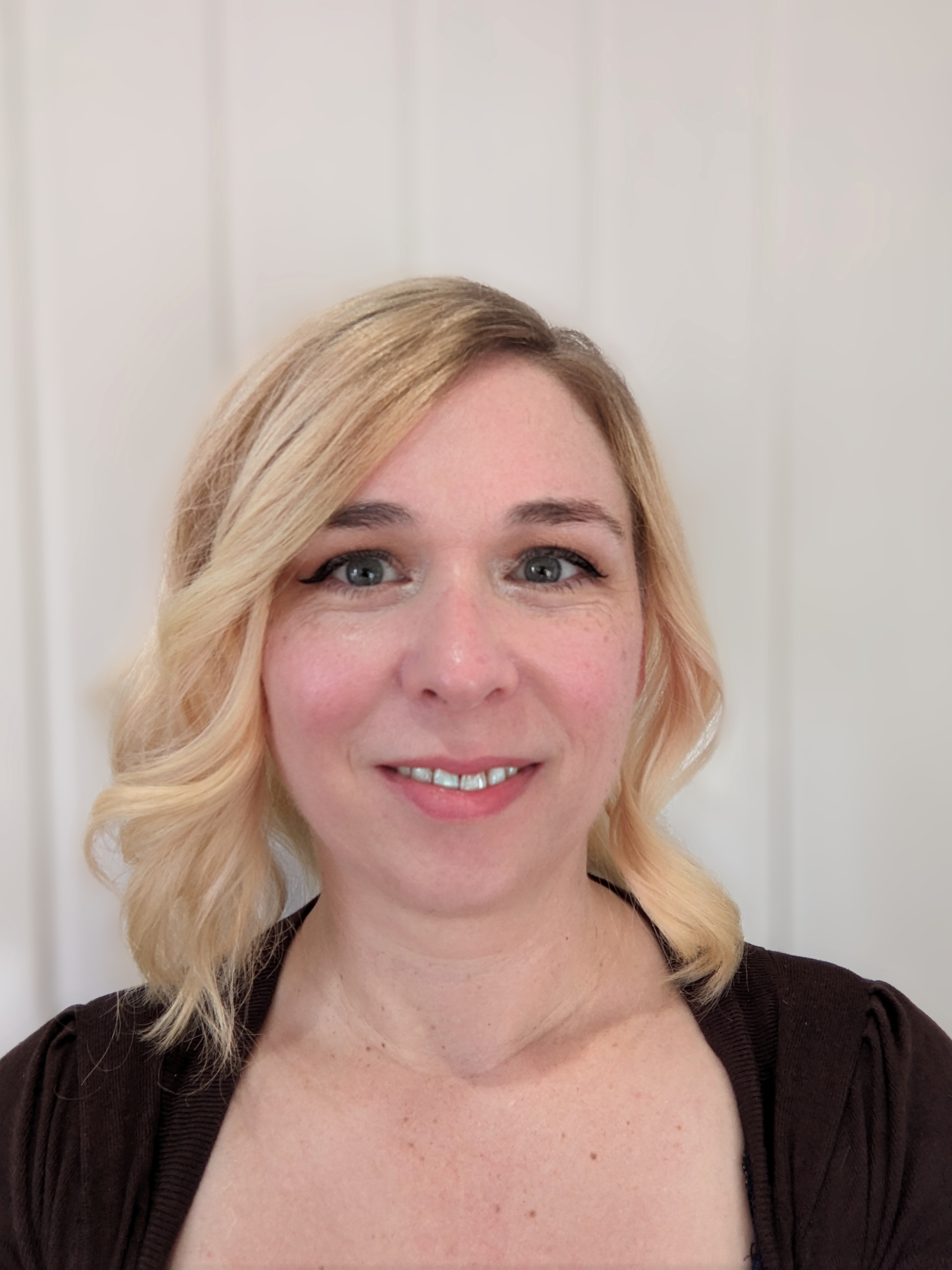
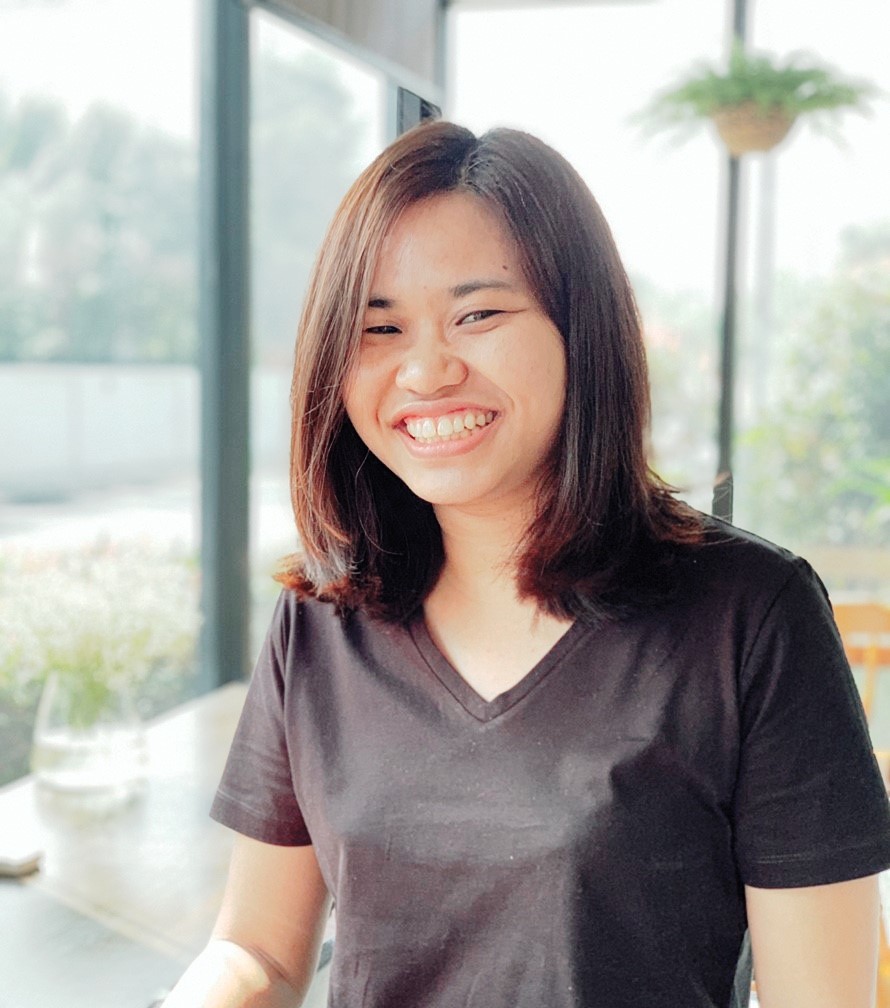
Kulnaree Sueroj
School of Arts and Creative Technologies
How to understand the sound interpretation of blind and visually impaired people
Television drama conveys plot and character feelings through audio-visual; 55% through gestures and facial expressions, 38% through voices, and 7% through actual words. In the case of blind and visually impaired people who can only perceive audio-sensory information, the audio description becomes a service to fill in the missing meaning through verbal description. However, it is difficult for sighted audio describers to understand which sounds in materials should be selected to describe. This is because the sighted audio describer has different sensory experiences than the unsighted audience. The experience of sound interpretation in television dramas without seeing is important for audio describers to be closer to the experience of blind people. Therefore, several Thai audio describers invite blind and visually impaired people to be a part of the Audio Description team or find out the ways to understand the sound interpretation of blind and visually impaired audiences for creating an effective Audio Description.
Kulnaree is a fourth-year PhD student at the School of Arts and Creative Technologies. Her academic and practitioner experiences in audio description led her to recognise the difficulties of applying a traditional style of audio description to television dramas. Her research focuses on ways to improve the Audio Description guidelines for television dramas. One of the most important objectives is to understand the sound interpretation of blind and visually impaired audiences in order to create an effective Audio Description. This is because there is still a gap between the sighted audio describer and the unsighted audience.
Danielle Varley
Department of Health Sciences
‘It’s all in your head’: the lived experiences of patients with functional neurological disorder (FND)
Functional neurological disorder (FND) is a condition where a person experiences unexplained neurological symptoms (such as seizures, difficulty swallowing, or tremors) that are not thought to be caused by a neurological or medical condition. Although we have been aware of FND for over two thousand years, and it is the second most common disorder seen in neurology clinics, FND is still relatively unknown to both the public and to healthcare workers. As the symptoms of FND are so diverse, healthcare workers may struggle in diagnosing the condition. Diagnosing and treating FND patients can be especially difficult as there are currently no UK clinical guidelines to guide healthcare workers on the clinical management of FND. My PhD research aims to understand how FND is being diagnosed and treated in the NHS and explore the lived experiences of patients undergoing these diagnostic and treatment processes in the UK.
Danielle Varley is a third year PhD student based in the Department of Health Sciences at the University of York. Danielle holds an undergraduate degree in Psychology and a master’s degree in Health Psychology. Previously, she worked as a clinical researcher in the NHS and in academia for 10 years, researching a wide range of mental and physical health conditions affecting people of all ages. Danielle’s PhD aims to investigate how functional neurological disorder (FND) is diagnosed and treated in the NHS and understand FND patient experiences.
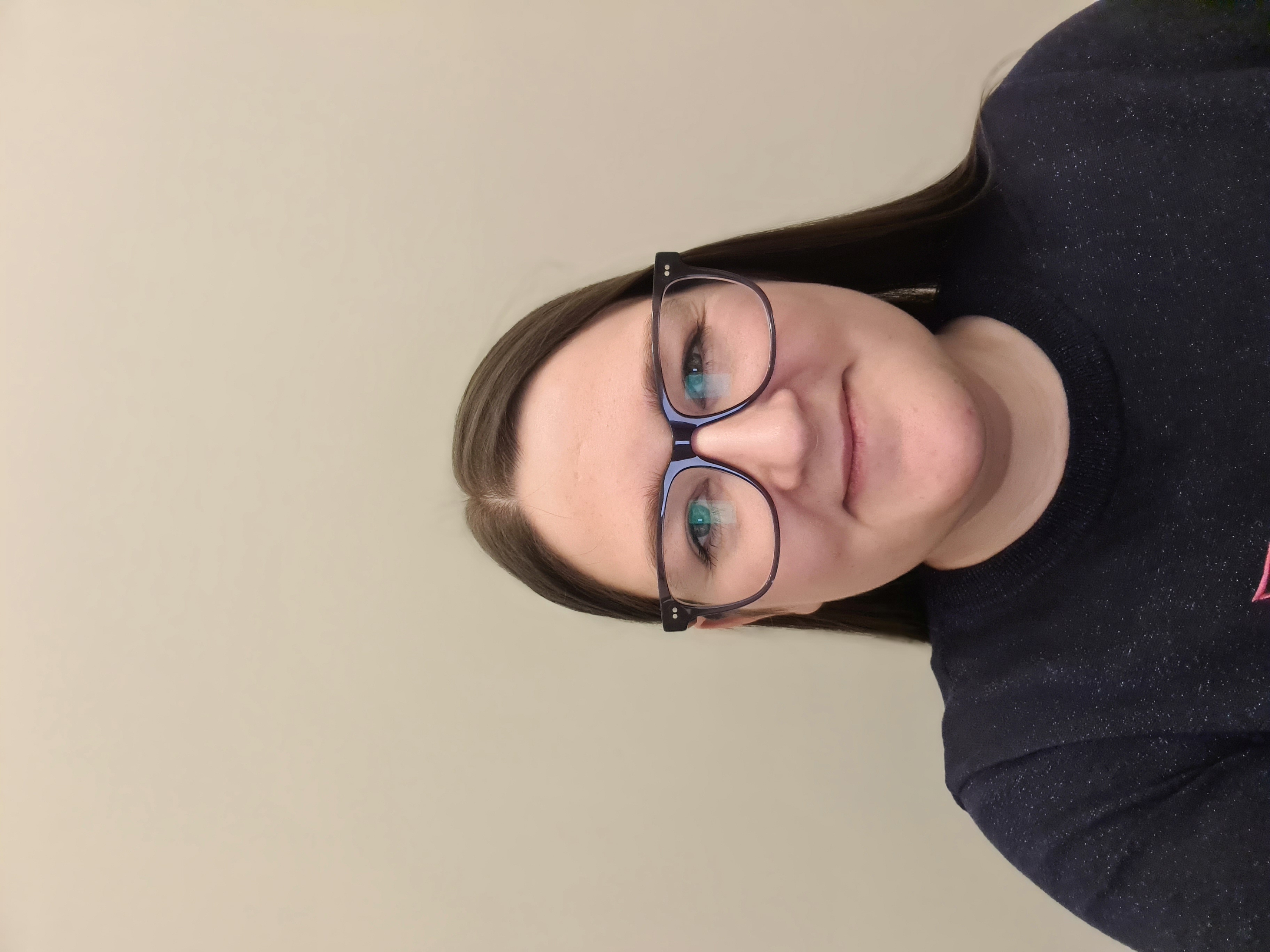
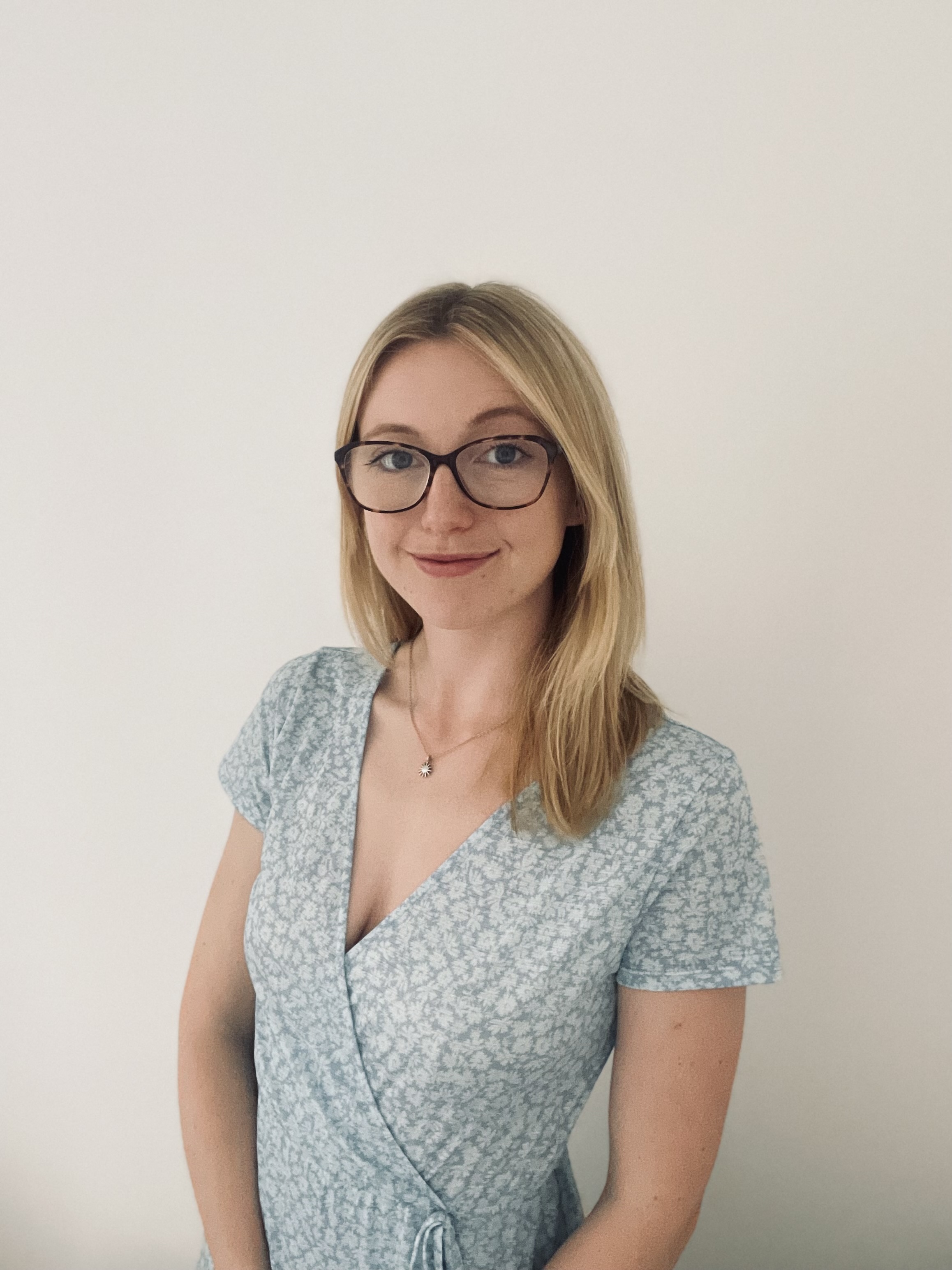
Megan Wright
Department of Education
Are You an Adult? The psychological qualities of adult development
Over 65% of the world’s population are adults, but we know surprisingly little about adult psychological development. Traditionally, adulthood has been defined by having a stable job, buying a house, marrying, and having children. But today young people move frequently between jobs and places, build diverse family structures, and struggle to achieve financial independence. The traditional idea of adulthood doesn’t fit with the reality that young people live in, so they struggle with developing an adult identity. For my PhD, I developed a new taxonomy describing the psychological qualities of adulthood. The CARES taxonomy consists of five qualities: Cognitive maturity, sense of ageing, self-reliance, Eudaimonia (living in alignment with self), and Social convoy (network of relationships). My empirical studies have shown that CARES describes modern adulthood and promotes adult mental health and wellbeing by recognising adulthood as a time of rich, dynamic, and rewarding change, not a fixed social state.
Megan Wright is a third year PhD student in the Psychology in Education Research Centre of the Department of Education. She is interested in current attitudes towards adulthood – whether people see themselves as adults, how adulthood is defined, and whether adulthood is seen as a positive time of life – and how these attitudes impact the mental health and wellbeing of young people. During her PhD she has developed and tested a taxonomy of adult development which describes the psychological growth and change that takes place across adulthood.